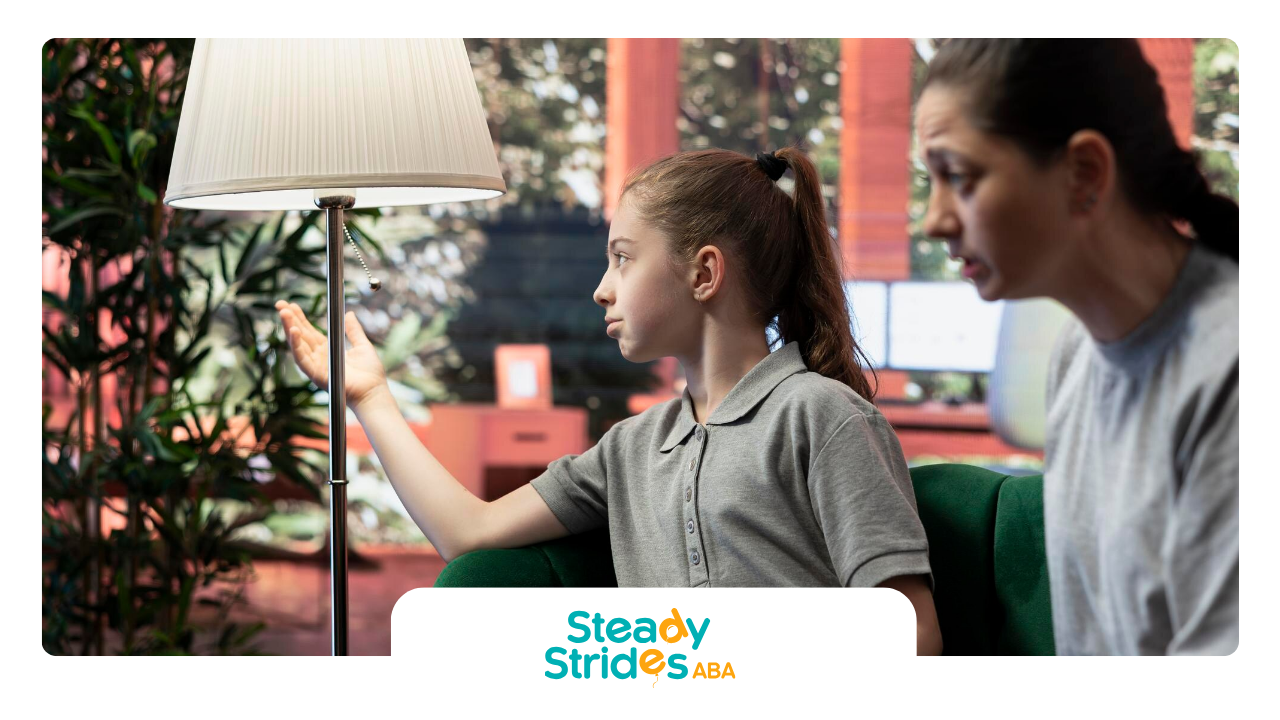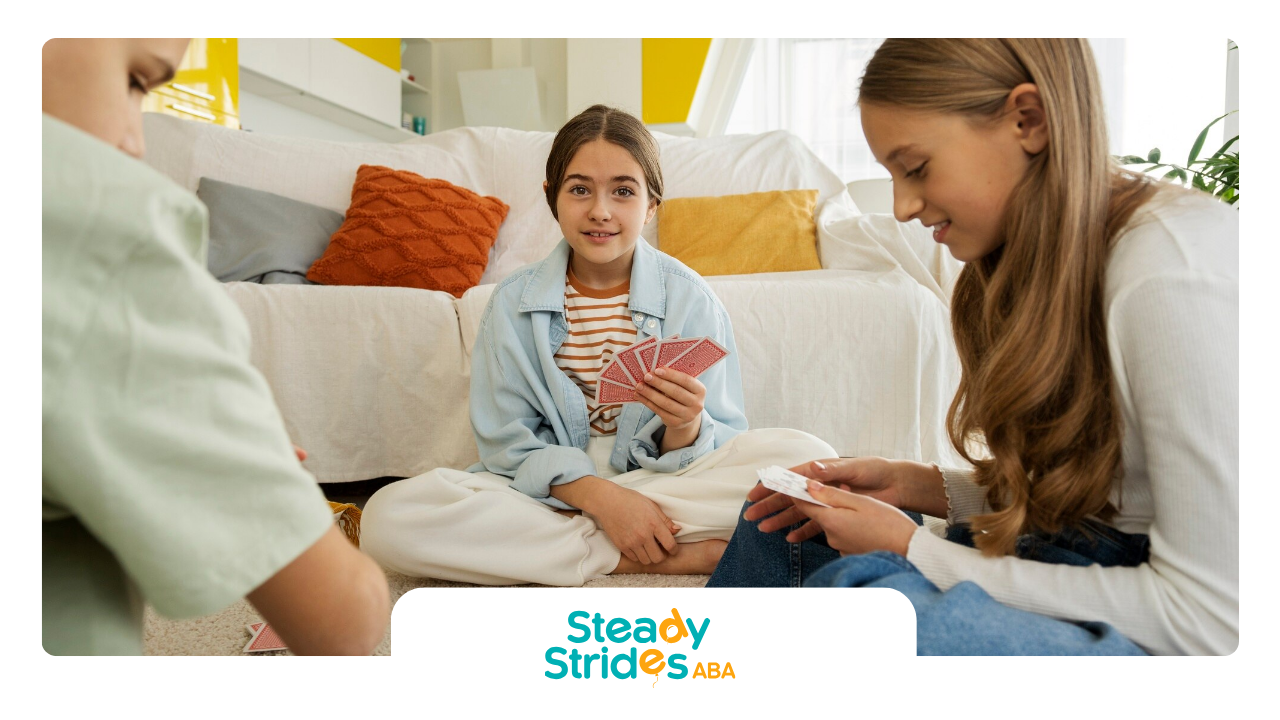Recreation for Autistic Adults
Importance of Recreational Activities
Recreational activities play a vital role in the lives of adults diagnosed with autism. Engaging in leisure pursuits not only provides enjoyment but also offers numerous benefits that contribute to their overall well-being.
Participation in recreational activities has been shown to buffer the impact of perceived stress on Quality of Life (QoL) in adults with Autism Spectrum Disorder (ASD). Unlike social activities, which may not have the same protective effect, recreational activities help individuals manage stress effectively.
In addition to stress management, recreational activities create opportunities for social interaction and skill development. Over 20% of inquiries received by the Autism Speaks Autism Response Team relate to community services, including requests for information about recreation and peer group connections. These connections foster a sense of purpose and contribute significantly to improved health and happiness.
Recreational activities tailored for individuals with autism can include sensory-focused programs, which promote relaxation and self-expression. These activities are crafted with individual preferences and sensitivities in mind, and they can enhance overall well-being.
Here is a summary of the benefits of engaging in recreational activities for adults with autism:
| Benefits of Recreational Activities | Description |
|---|---|
| Stress Management | Aids in reducing perceived stress levels, improving QoL |
| Social Interaction | Encourages connections with peers, fostering relationships |
| Skill Development | Provides opportunities for learning and personal growth |
| Sense of Purpose | Increases motivation and self-esteem through engagement |
| Overall Well-being | Enhances mental health and emotional stability |
For adults with autism, incorporating recreational activities into their lives is important for promoting a balanced lifestyle. Engaging in leisure activities for autistic adults can lead to significant improvements in their quality of life, helping them thrive both socially and emotionally.
Autism-Friendly Programs
Design of Autism-Friendly Programs
Autism-friendly recreational programs are specifically designed to meet the unique needs of individuals on the autism spectrum. These programs provide a safe and inclusive environment, emphasizing understanding and support. The design typically includes structured routines, clear communication, and visual supports that enhance comprehension and participation. Additionally, the programs accommodate sensory sensitivities by incorporating sensory-friendly spaces and activities. Examples of these types of programs include:
| Type of Program | Key Features |
|---|---|
| Sensory-Focused Programs | Designed for sensory exploration and regulation |
| Social Skills Development Programs | Focus on building interpersonal skills and relationships |
| Adaptive Sports and Fitness Programs | Tailored to accommodate various physical abilities and skill levels |
For more information on specific activities, refer to our sections on sensory-friendly activities for autistic adults and social skills activities for adults with autism.
Benefits of Participation
Participating in autism-friendly recreational programs offers numerous benefits for individuals with autism. These include:
- Improvement in Social Skills: Through group interactions and structured activities, individuals can enhance their social skills, building friendships and improving communication.
- Enhanced Self-Confidence: Successfully engaging in activities can boost self-esteem and encourage a sense of accomplishment.
- Promotion of Physical Health: Active participation in sports and fitness programs supports overall physical well-being.
- Stress Management: Research indicates that recreational activities can buffer the impact of perceived stress on quality of life for adults with Autism Spectrum Disorder (ASD). Engaging in these programs has been associated with improved stress management, leading to a better quality of life overall.
Programs that provide support and foster participation can significantly contribute to the development of essential life skills for adults on the autism spectrum. For more information about leisure options and other supportive activities, check our resources on leisure activities for autistic adults and vocational activities for autistic adults.
Types of Recreational Activities
Engaging in recreational activities is essential for adults with autism. Such activities not only contribute to personal growth but also enhance social interactions. Various programs cater to their unique needs and interests. The following sections outline three prominent types of recreational activities suitable for autistic adults: sensory-focused programs, social skills development programs, and adaptive sports and fitness programs.
Sensory-Focused Programs
Sensory-focused programs are designed to engage individuals through visual, auditory, tactile, and vestibular stimuli, helping to develop essential sensory integration skills. These activities can improve motor skills, coordination, and overall physical abilities. Common activities include finger painting, playing with sensory materials like slime and scented playdough, and outdoor experiences such as mud kitchens. Such sensory experiences can significantly influence the well-being and quality of life for autistic adults.
| Activity Type | Benefits |
|---|---|
| Finger Painting | Enhances creativity and fine motor skills |
| Slime Play | Stimulates tactile senses and encourages exploration |
| Outdoor Play | Promotes physical activity and sensory engagement |
Sensory activities involving music or sound can aid self-expression and communication, enriching the overall life experience of autistic adults.
For more insights, visit our page on sensory-friendly activities for autistic adults.
Social Skills Development Programs
Social skills development programs focus on teaching crucial interpersonal skills that enhance communication and relationship-building among autistic adults. These programs often use structured activities and role-playing scenarios to facilitate learning in a supportive environment. Participants can practice skills such as initiating conversations, understanding non-verbal cues, and managing social interactions.
Participation in these programs builds self-confidence and provides a foundation for better skills in other life areas, such as education and the workplace.
| Skill Focus | Description |
|---|---|
| Conversation Initiation | Learning how to start and maintain conversations |
| Non-Verbal Communication | Understanding body language and facial expressions |
| Conflict Resolution | Strategies for resolving misunderstandings and disagreements |
To explore more social engagement options, check our article on social skills activities for adults with autism.
Adaptive Sports and Fitness Programs
Adaptive sports and fitness programs tailor traditional sports to meet the needs of individuals with autism. These activities promote physical health, teamwork, and a sense of belonging. Options may include modified versions of basketball, soccer, swimming, and yoga, among others.
Participation in adaptive sports not only aids in skill development specific to the activity but also fosters friendships and community among participants. The emphasis on teamwork and support helps individuals develop social skills and enhances their overall well-being.
| Sport | Adaptation |
|---|---|
| Basketball | Smaller teams, simplified rules |
| Swimming | Individual or group coaching, safety adaptations |
| Yoga | Modified poses, calming techniques |
Adaptive sports provide a dynamic way for autistic adults to engage in physical activity, contributing to improved confidence and self-esteem. Learn more about these programs by visiting our section on vocational activities for autistic adults.
By engaging in sensory-focused programs, social skills development, and adaptive sports, autistic adults can explore various recreational activities that cater to their unique strengths and interests, fostering growth and enjoyment.
Engagement in Leisure Activities
Engagement in leisure activities plays a crucial role in enhancing the quality of life for adults with autism. By participating in recreational activities, individuals can develop valuable skills and improve their overall well-being.
Skill Development through Leisure Activities
Leisure activities offer an excellent opportunity for adults diagnosed with autism to acquire and enhance various life skills. Engagement in structured recreational programs has shown to reduce stress and enhance quality of life. Activities such as walking, pursuing hobbies, or participating in group recreational activities engage individuals and help them cultivate essential skills.
Common Leisure Activities for Adults with Autism
| Activity | Participation Rate (%) |
|---|---|
| Walking or getting exercise | 74.5 |
| Working on hobbies | 41.3 |
| Participating in group activities | 35.3 |
Research indicates that participation in these activities moderates stress and positively affects the quality of life in individuals with Autism Spectrum Disorder (ASD). This underscores the need for tailored recreational programs that promote engagement.
Role of Recreation Therapists
Recreation therapists play a vital role in facilitating inclusive recreational activities for adults with autism. They design and implement programs that address the unique needs and interests of individuals, ensuring that activities are both enjoyable and beneficial. Through evidence-based practices, these professionals help participants strengthen their social skills and communication abilities.
For instance, studies conducted by the University of California have shown that sensory integration therapy, often utilized by recreation therapists, can decrease anxiety and depression while enhancing social skills.
Recreation therapists also help individuals navigate their leisure experiences, providing guidance and support that fosters independence and confidence. By creating a structured environment for participation, they ensure that adults with autism can reap the many benefits of engaging in leisure activities for autistic adults.
Overall, the combination of skill development through leisure activities and the expertise of recreation therapists significantly contributes to the well-being and quality of life for adults with autism.
Managing Stress through Recreation
Impact on Quality of Life
Engagement in recreational activities has a significant impact on the quality of life (QoL) for adults with Autism Spectrum Disorder (ASD). Research indicates that participation in these activities can buffer the perceived stress that many individuals face, thereby enhancing their overall well-being. Self-reported data highlights that recreational activities serve as an important resource for improving QoL among adults with autism.
The benefits of recreational participation extend beyond mere enjoyment. They can lead to reduced stress and improved social skills, as structured leisure activities often include elements designed to foster communication and interaction. The following table summarizes some key findings regarding the impact of recreational activities on quality of life:
| Factor | Impact |
|---|---|
| Perceived Stress | Decreased through engagement in recreational activities |
| Social Interaction | Enhanced through structured leisure programs |
| Emotional Well-being | Improved through regular recreational participation |
Interventions and programs supporting recreational activity participation are essential for aiding adults with ASD in managing stress and enhancing their quality of life. The holistic benefits of engaging in activities align closely with various therapeutic modalities, such as sensory integration therapy, which has been shown to decrease anxiety and improve communication skills.
Gender Differences in Quality of Life
Gender differences also play a role in how recreational activities affect the quality of life for adults with autism. Studies have revealed that men and women with ASD may respond differently to various types of recreational programming. For instance, women may exhibit more pronounced improvements in social-emotional well-being compared to their male counterparts when engaged in community-based leisure activities.
The nuances in these findings emphasize the importance of tailored recreational programs that take gender differences into account. Understanding these variances can lead to more effective interventions and a better overall experience for each individual, allowing all adults with autism to benefit from the enriching experiences that recreational activities provide. For more information on engaging activities, explore options like social skills activities for adults with autism and leisure activities for autistic adults.
Online and Community Resources
Access to recreational activities is vital for adults with autism. There are numerous online and community resources that offer engaging programs tailored to meet the unique needs of individuals on the autism spectrum.
Virtual Recreation Options
Virtual recreation options provide flexible and accessible platforms for autistic adults to engage in various activities from the comfort of their homes. According to Autism Speaks, there are several organizations that offer virtual programs designed specifically for this audience.
| Organization | Type of Activity | Description |
|---|---|---|
| Hope Center for the Arts | Virtual Art Classes | Online art classes that allow participants to express themselves creatively. |
| Spirit Club | Adaptive Sports Classes | Offers on-demand sports classes for individuals of all abilities. |
| We Care Arts | Virtual Art Classes | Provides art classes and connects participants through a dedicated Facebook group. |
| Blue Blessings | Faith-Based Activities | Aims to create inclusive environments for individuals with autism through virtual initiatives. |
| Yachad | Live Online Events | Offers various programs tailored for Jewish individuals with disabilities. |
These virtual platforms enable social interaction, skill development, and creative expression, making them valuable resources for recreational activities for adults with autism.
Inclusive Community Initiatives
Community initiatives play a vital role in fostering connections among adults with autism. Many organizations facilitate peer groups, social events, and recreational activities tailored to the needs of autistic individuals. According to Autism Speaks, groups like GRASP, AANE, and The Autism Project (TAP) host inclusive programs to enhance social engagement.
Participation in these community initiatives can provide a support system and opportunities for adults with autism to form lasting relationships and develop social skills, ensuring that they thrive in their recreational pursuits. Inquiries for such resources are common; over 20% of inquiries received by the Autism Speaks Autism Response Team are specifically for information about community services (Autism Speaks).
For more information about specific activities, individuals can explore social skills activities for adults with autism, sensory-friendly activities for autistic adults, and vocational activities for autistic adults. Engaging in these activities can enhance their quality of life and social experiences.












